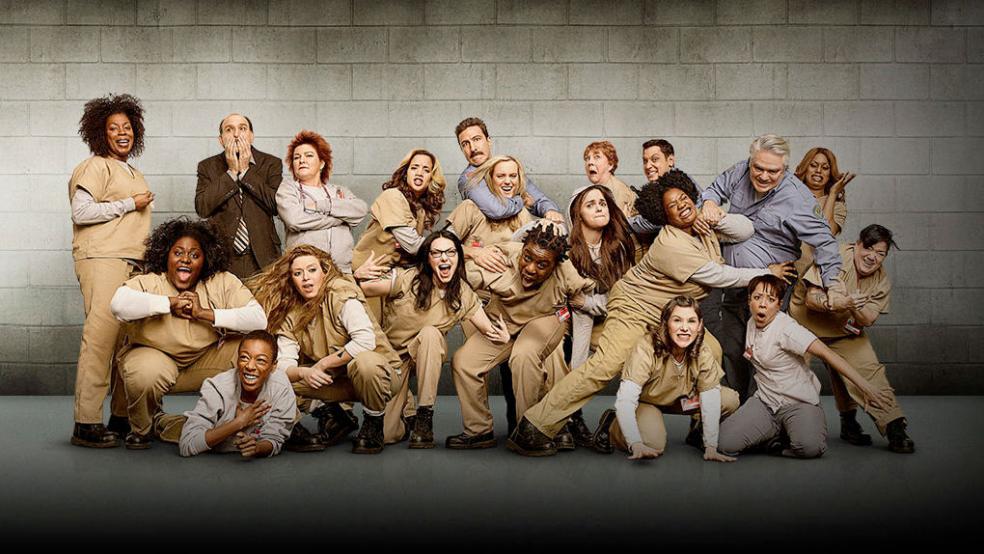This week Netflix made several announcements regarding their streaming properties that will forever change the shape of video content consumption.
Netflix’s announcement that they had increased their subscriber base this quarter by 1.7 million to a total of more than 50 million globally was paired with a plan to go live in France and Germany as well as Austria, Belgium, Luxembourg and Switzerland in September. At present, three quarters of Netflix registrations are U.S. based; this move clearly indicates a more global focus.
Neither of these announcements was greeted with much shock, but it’s still worth remembering how close Netflix was to death before its phoenix-like rebirth when it challenged HBO as a provider of top-quality original content.
Related: 15 Episodes of The Simpsons You Must Binge Watch
It is that original content that is fueling Netflix’s resurgence. Historically, Q2 has been Netflix's roughest quarter, with members deciding to spend time outside after winter hibernation/binge watching. Couple this with the recent price increase for new subscribers and the termination of Saturday delivery (for those still getting the discs).
Instead of seeing a decline in membership, Netflix saw an increase and a subsequent stock spike. Most analysts agree this was in large part due to the release of a new season of buzz shows - “House of Cards” and “Orange is the New Black” in the spring.
While plenty has already been said about Netflix’s future as a “television network,” less attention has been paid to the decreasing popularity of its film catalog. No one really batted an eye when Netflix canceled its Saturday service, partly because the disc-delivery business is dwindling. Some 391,000 subscribers dropped out of receiving discs (either canceling entirely, or selecting streaming only) in Q2. Rather than attempt their ill-fated PR disaster with Qwikster in 2011, Netflix could have just waited for the business to die on its own. But even their back catalog of streaming films seems increasingly like a value add, rather than the reason a subscriber would come on board.
Some of this is certainly due to the license limitations that the library still faces; many of the biggest hits and buzz films aren’t available to stream, as well as a solid number of classics and fan favorites. Additionally, some of it is due to the decreasing importance of film in pop culture. Where once film (meaning a piece of video content that premieres in a cinema) was the height of pop-culture achievement, it is increasingly a carnival ride.
Put another way, would the average American seem more out touch with the zeitgeist if he or she hadn’t seen 2013’s highest grossing film, “Iron Man 3,” or didn’t know what “The Red Wedding” was? In the recently announced Emmy nominations, Netflix received 31 nominations, more than double last year. And this is little more than a decade after it was first considered revolutionary for a cable network to rack up the nominations. The landscape is changing, and fast.
Related: Did ‘Game of Thrones’ Just Kill The Multiplex?
To this end, Netflix has allocated $7.7 billion toward streaming content (original and archival) and a number that none of its competitors can match. Amazon, which seems most “primed” to take them on, has a budget for all of its streaming content that is equal to the amount that Netflix spends on “House of Cards” alone. Additionally, there is a widely held belief that Amazon customers who have signed up for Prime have done so primarily to get free 2-day shipping from the parent company.
Of course, the big elephant in the room is HBO GO, with its 130 million subscribers, but GO (at present) is still very much tied to traditional cable packages and the content is still considered “HBO Programing,” rather than “Go Programming.”
The success of its original programing (“Orange Is the New Black” was the single most watched series in every subscriber territory; the company called it “every bit of the global media event we had hoped for”) has made Netflix a desirable place for content creators as well. After viewing the creative freedom and substantial budgets that show runners like David Fincher and Jenji Kohan have been granted, others are sure to follow.
One of the more interesting experiments is bringing Chelsea Handler to a “late night” talk show. In addition to thumbing its nose at the boys club of late night TV, it also thumbs its nose at the idea of late night TV. Ironically based on the next-day-viewing performance of HBO’s Last Week Tonight with John Oliver, Netflix has realized what many of have been doing with late night TV and DVRs (and before that VCRs) for years now - watching them the next day when we get home from work.
Though this will be Netflix’s first experiment releasing a series incrementally and at a scheduled time, there are no expectations that viewers will watch at this time. But it is just one more sign that Netflix is ready to play with the big boys and be a real live TV network.
Top Reads from The Fiscal Times:




